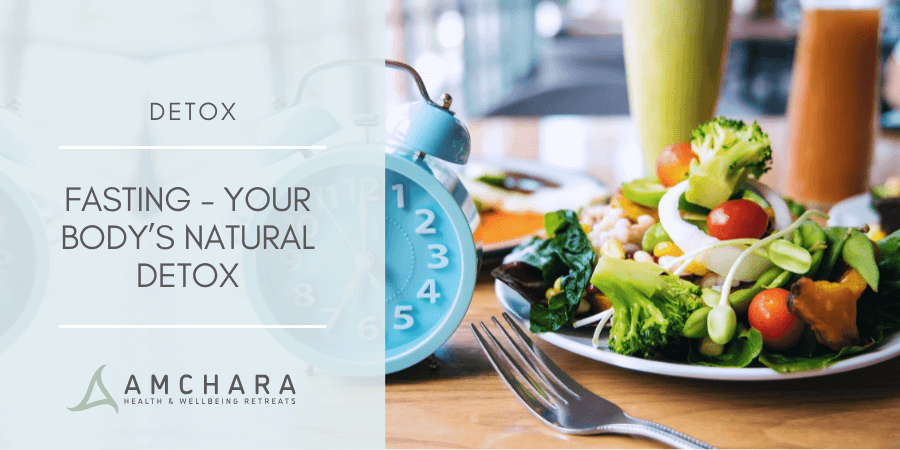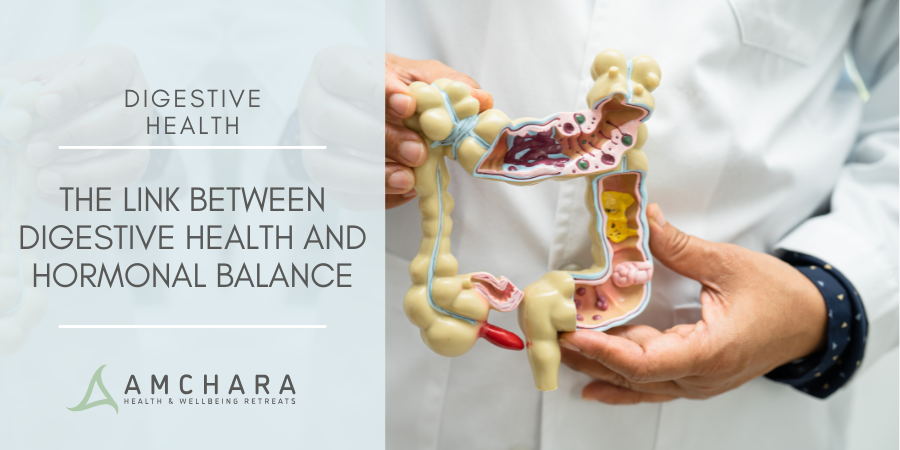Topics Covered in this article:
Vitamin D is vital to support many aspects of your overall health. It helps to regulate the amount of phosphate and calcium in the body, nutrients which are essential to keep your bones, muscles and teeth healthy. Low levels of vitamin D mean your body will not be able to absorb phosphate and calcium effectively, leading to an increased risk of bone fracture, bone and muscle pain, and weakness in the muscles.
Additionally, vitamin D also helps to support immune function, and reduce inflammation, as well as impacting mood regulation.
In the modern internet world there is an overwhelming amount of information; it can be hard for you to find health advice that you can trust, particularly as the main media channels are typically dominated with a single, orthodox narrative.
At Amchara, we always take an evidence-based approach to guiding you through the health landscape, orientated towards an holistic and Personalised Health approach, and aim to provide you with actionable knowledge and tips to help you on your journey to optimal health.
In this article, we take a closer look at 15 of the best foods containing vitamin D, as well as exploring the health benefits, and how you can optimise its absorption.
15 of the best vitamin D foods
The following 15 foods are high in vitamin D as well as other beneficial nutrients. Eating them regularly will help to boost your vitamin D intake.
- 1
Salmon: rich in vitamin D and omega-3 fatty acids, which support heart and brain health.
- 2
Mackerel: high in vitamin D and healthy fats, promoting cardiovascular health and reducing inflammation.
- 3
Sardines: contain vitamin D and calcium, which is essential for bone health.
- 4
Cod liver oil: an excellent source of vitamin D, also rich in vitamin A and omega-3 fatty acids.
- 5
Tuna: provides vitamin D and protein which is beneficial for muscle maintenance and repair.
- 6
Fortified milk: milk fortified with vitamin D supports bone health and calcium absorption.
- 7
Fortified orange juice: a good option for those who are lactose intolerant or vegan, providing vitamin D and vitamin C.
- 8
Egg yolks: contain vitamin D and healthy fats, promoting eye health and supporting cell function.
- 9
Fortified cereals: often fortified with vitamin D, providing an easy way to boost intake, especially for vegetarians.
- 10
Fortified plant-based milks: almond, soy, and oat milks are often fortified with vitamin D and calcium, and are suitable for vegans.
- 11
Beef liver: provides vitamin D, iron, and vitamin A, supporting immune function and energy levels.
- 12
Cheese: contains small amounts of vitamin D and is a good source of calcium and protein.
- 13
Mushrooms: certain mushrooms can synthesise vitamin D when exposed to UV light, making them a good plant-based source.
- 14
Yoghurt: fortified with vitamin D, also provides probiotics to support digestive health.
- 15
Fortified tofu: a good source of vitamin D and protein for vegetarians and vegans.
Health benefits of vitamin D
Vitamin D is crucial for maintaining healthy bones, supporting the immune system, supporting weight loss, and reducing inflammation. Vitamin D also plays a role in mood regulation and may help prevent the development of some chronic diseases. A 2023 large- scale study suggested that vitamin D supplementation may help to ward off dementia.
How to increase your body’s ability to absorb vitamin D
Takeaway
Vitamin D is vital in supporting many bodily functions. Statistics vary, but it is estimated that almost one billion people globally are deficient in vitamin D, 20% of the UK population have a vitamin D deficiency, and 60% of the UK population are thought to have insufficient levels.
If you’re looking to boost your health, why not come to Amchara and enjoy a detox health retreat in our tranquil surroundings? Relax and unwind in the beautiful surroundings of either Gozo in Malta or Somerset in the UK.
With expert advice on hand from our experienced practitioners, you can benefit from Personalised Health advice, tailored to your needs and goals, to support you and help you achieve your health goals.
Juicing and fasting may be recommended, according to your personal situation and unique health needs.
You will be immersed in a supportive and nurturing environment that enables you to switch off, relax and kickstart your health journey, including physical activities and empowering, educational talks.
Or if it is hard to find the time to get away, you could try Amchara Juicery – cold-pressed, nutritious juices delivered to your door to help you boost your health, naturally. Created by Amchara’s expert in-house health team, you can enjoy a range of fresh, organic juice cleanses (and super soups) at home.




